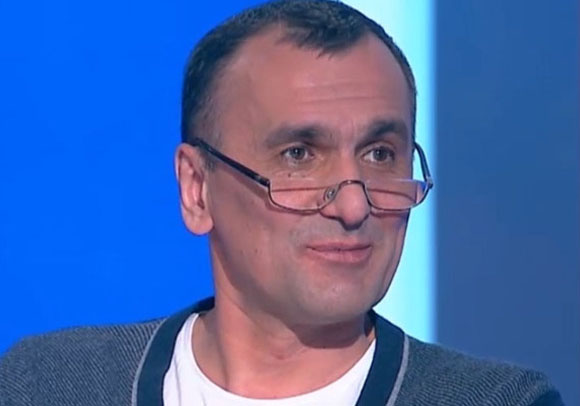The ICJ today expressed concern at recent attempts by Russian investigative authorities to impede the work of lawyer Georgy Antonov.
Russian authorities interrogated him as a witness in his client’s case, removed him from the case, initiated criminal proceedings against him, searched his home, and seized legal documents in his possession.
The ICJ is concerned that these actions appear to constitute harassment of the lawyer, contrary to national law and to international law and standards on the independence of lawyers.
The organization calls on the Russian authorities to refrain from any further action that would interfere with lawyer Antonov’s proper discharge of his professional duties, to discontinue criminal proceedings against him, return seized documents and re-instate him in the proceedings from which he has been recused.
The actions of the investigative authorities relate to Georgy Antonov’s defence of two clients, General Denis Sugrobov and General Boris Kolesnikov of the Department of Economic Security and Countering Corruption of the Ministry of Internal Affairs.
In the course of the Generals’ investigation of a corruption case the two were themselves charged with corruption.
General Kolesnikov reportedly committed suicide during interrogation on 16 June 2014.
On 19 May 2014, the investigator in the case of Generals Sugrobov and Kolesnikov issued an order for the interrogation of lawyer Antonov in connection with the case as “during the investigation of the criminal case there appeared legitimate grounds for interrogation of lawyer Antonov as a witness, because […] he may be aware of the circumstances relevant to the investigation and resolution of the criminal case”.
The order was in direct conflict with guarantees afforded to lawyers under the Law “On Advocates’ Activity and Advokatura” (article 8.2) as well as the Criminal Procedure Code (article 56.1.3(2)), which prohibits interrogation of a lawyer as a witness in connection with a case in which he or she is providing legal assistance.
Indeed, the same law makes it a duty of a lawyer to refrain from testifying in regard to information known to him in connection with his professional duties.
Despite these provisions, the court rejected the appeal against the order for interrogation of the lawyer in connection with information provided to the lawyer by his client.
Furthermore, the day after the interrogation, at which the lawyer refused to answer questions, the same investigator used the order for interrogation as a pretext to recuse the lawyer from the case “in connection with interrogation of the lawyer as a witness”.
According to the lawyer, on 6 July, a criminal case was initiated against him for disclosure of evidence connected with the investigation, on the basis of media interviews he had given and appeals he had made to state bodies.
On 15 July, officers of the Investigative Committee of Russia conducted a search of the lawyer’s apartment, threatening to use an electric saw to open the entrance door.
Case files of the lawyer were seized; his computer, his mobile phone and original printed documents were removed.
The ICJ stresses that, in accordance with international obligations on the right to fair trial and international standards on the independence of lawyers, states are obliged to protect lawyers against any form of harassment, including harassment through initiation of formal proceedings against lawyers in connection to the execution of their functions.
The UN Basic Principles on the Role of Lawyers require that lawyers “are able to perform all of their professional functions without intimidation, hindrance, harassment or improper interference”.
States must further guarantee that lawyers do not “suffer, or be threatened with, prosecution or administrative, economic or other sanctions for any action taken in accordance with recognized professional duties, standards and ethics”. Without such protection, the right to a fair trial of the lawyer’s clients is placed in serious jeopardy.
The ICJ further stresses that the confidentiality of lawyer-client relationships is essential for the protection of the right to a fair trial.
The executive must respect the confidentiality of client correspondence and documents in the possession of a lawyer, and search and seizure of lawyers’ documents may violate States’ international law obligations on the right to fair trial as well as the right to privacy.
Furthermore, every lawyer has a right to refuse to give testimony if it impinges on such confidentiality.
The ICJ calls on the relevant authorities of the Russian Federation to ensure that lawyer Antonov’s rights and those of his clients are respected and that any attempts to impede his work as a lawyer are prevented.
The ICJ will continue to monitor the case.
Contact:
Róisin Pillay, Director, Europe Programme, roisin.pillay(a)icj.org
Temur Shakirov, Legal Adviser, Europe Programme, temur.shakirov(a)icj.org
Russia-Prosecution Lawyer_Antonov-news-press release-2014-rus (full text in pdf)




